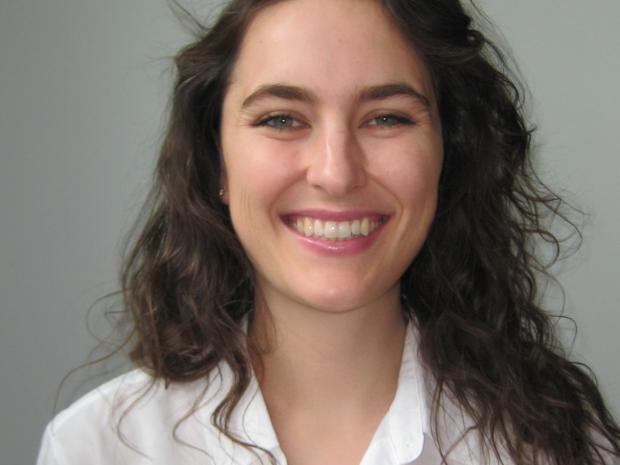Towards a “greener” route for acetic acid production via the carbonylation of dimethyl ether over small-pore molecular sieves

Speaker:
Marcella Lusardi
BASF (zeolites synthesis team)
Abstract:
Catalyst design is a critical pillar, and current bottleneck, in the construction of a sustainable chemical industry. Practical catalytic materials must meet rigorous functionality criteria to achieve high activity and selectivity within increasingly restrictive materials and process design constraints. Realizing these complex technical aims in practice is challenging and involves a two-phase process that (1) extracts molecular-level understanding of the origin of reactivity for a given chemical pathway, and (2) exploits this understanding through tailored synthetic techniques.
In this talk, I will focus on catalyst design for the Koch-type carbonylation pathway, a reaction that is of practical interest since it provides a rare noble metal- and halide-free route to producing an important chemical intermediate, acetic acid. I will present the characterization of the reactivity of the small-pore molecular sieve with the chabazite structure for this reaction. From the analysis of materials synthesized with different active site densities and strengths, in conjunction with theoretical investigations, we obtain fundamental insights into the descriptors of reactivity for the carbonylation reaction in this small-pore material. These insights, in turn, can be used to intelligently direct the investigation of other small-pore molecular sieves with tuned confining environments and chemical compositions, and motivate the development of synthetic techniques that control active site distributions in a broader range of solid materials. Collectively, our studies provide a successful example of the first step in the process of tailoring catalytic materials for new applications through rational design methods.

